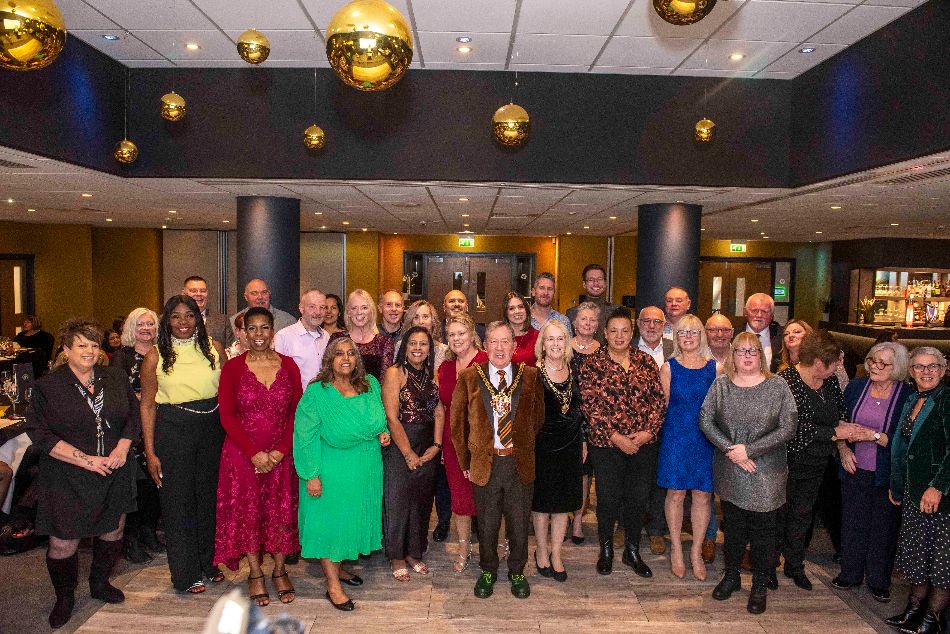Event organisers: The Jagiellonian Club's Centre for Analysis, the Conservative Environment Network from the UK and the Poland from Nature Foundation, have created a new platform for exchanging experiences and creating common prescriptions for the region's energy future.
Frances Burwell Distinguished Fellow from Atlantic Council describes the purpose of the conference as follows – “During this crucial time, as we head into the second winter after the unprovoked Russian invasion of Ukraine, Europe – including Central Europe – must make real changes in its energy mix and infrastructure.
"As this conference demonstrate, Central Europe must cooperate to move away from any Russian energy source, but also to push forward with the Green Transition. One week before COP28, this conference is an important opportunity to demonstrate Central Europe’s potential leadership in this area.”
John Flesher, Deputy Director at Conservative Environment Network, commented: “What was once a question of protecting the environment is now about our national security too.
“Russia's dangerous manipulation of fossil fuels markets has threatened European security and driven up energy bills for millions. By ramping up renewable and nuclear energy sources, Europe can ensure that it will never again be susceptible to these threats and can protect the planet while strengthening our resilience.
“The UK and its Central and Eastern European allies have stood together in the face of Russian aggression. The Conservative Environment Network is sharing a British conservative perspective with our CEE partners on the challenges and opportunities of meeting our energy security and climate goals”.
Nuclear development is another field where neighbours can cooperate. This is where Lithuania stands out, with its own long experience in this area. Poland, on the other hand, plans to base its system to a significant extent on nuclear power. During the conference, representatives from both countries will discuss the experiences, advantages and risks of using this energy source.
The Central and Eastern European region is even more strongly linked by the challenge of implementing the European Green Deal. The development of RES offers hope for a greener and more resilient, because distributed, energy system. If it is further supported by nuclear power it can fully meet the needs.
However, this will be an extremely expensive process. As Juhan Parts former Prime Minister of Estonia notes: “We need better to balance electricity dilemma. Last years have shown that the competitiveness is on decline because tripled and very volatile energy prices.
“The second point is that wind and solar don’t guarantee the security of supply because intermittency and the utmost focus should be for investments to reliable sources.”
Paweł Musiałek, President of the Jagiellonian Club and co-organiser of the event, added: “The European Green Deal is a particularly big challenge for Central Europe.
“Despite its dynamic growth, it is still a poorer region, with lower people's incomes, still lacking large high-tech companies with the potential to lead the green transformation. As a result, the Green Deal poses a huge challenge, and some note the threat it poses to maintaining the economic competitiveness of the entire region.
“Moreover, the war in Ukraine did not make the European Green Deal a valid direction, but at the same time raised challenges in the area of energy security, further complicating the picture for decision-makers. Therefore, the region's cooperation to coordinate positions on energy and climate policy is more necessary today than ever before” -
During the panels there will be no shortage of discussion around the issue of combating energy poverty. This is a topic particularly close to the event organisers.
They recently issued a report 'It's expensive, it's going to get more expensive? The cost-effective state is the answer to fuel poverty'.
Research accompanying the report shows that in Poland alone, the phenomenon affects 10-20 per cent of the population, with 76 per cent of respondents admitting to having saved energy during the last heating season. This is further confirmation of the thesis that the energy transition, if it is to succeed, must be fair.
The most vulnerable cannot bear costs beyond their means. The challenge for many European countries, not only in our region, is to create effective public policies that reduce this problem. Indeed, the support of a large part of society for the green transition will depend significantly on their implementation.
The conference is also an opportunity to strengthen cooperation between European centres of expertise. During the meetings, leading organisations from the region will discuss closer cooperation: Atlantic Council (AC), Conservative Environment Network (CEN), Energy and Climate Policy and Innovation Council (EPICO), Klub Jagielloński (KJ), Nowa Konfederacja (NK), Warsaw Enterprise Institute (WEI), Laudato si Movement (LSM).











